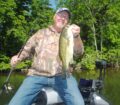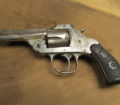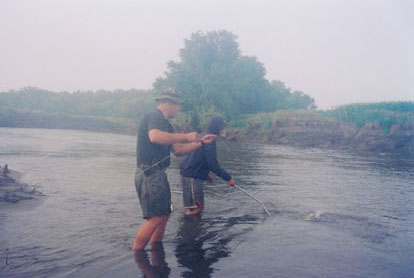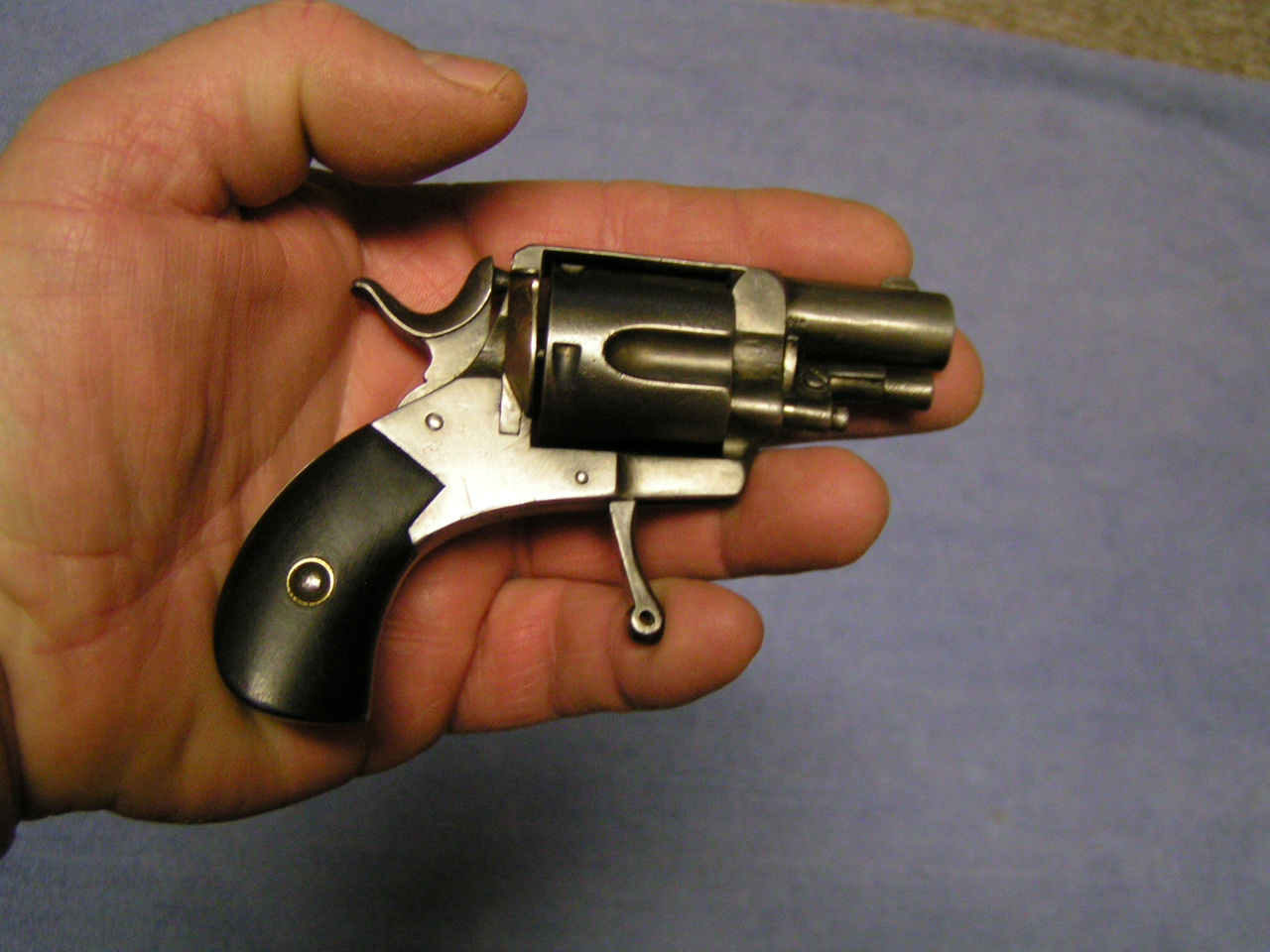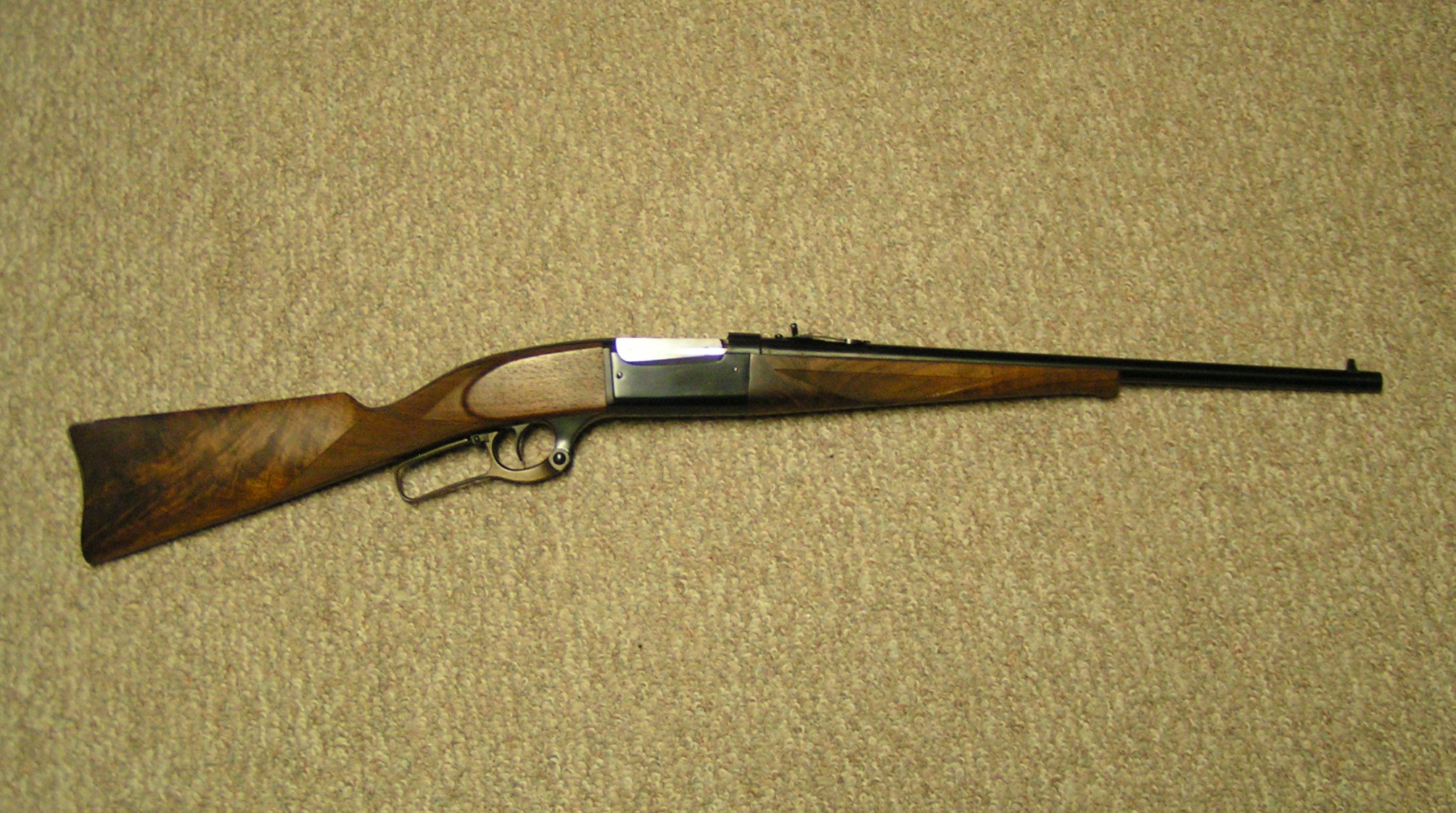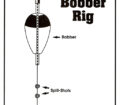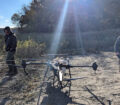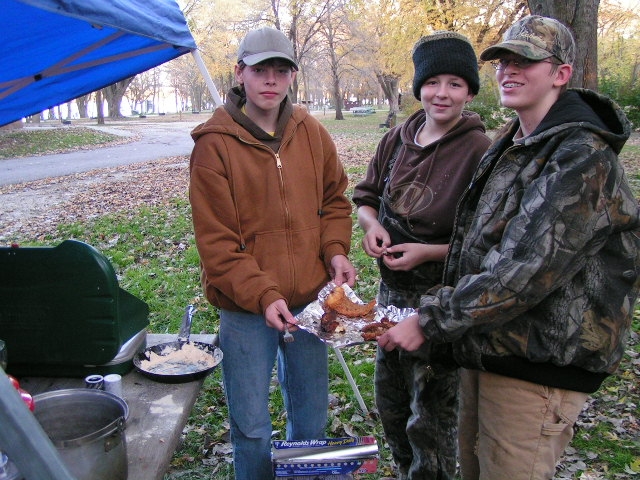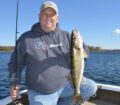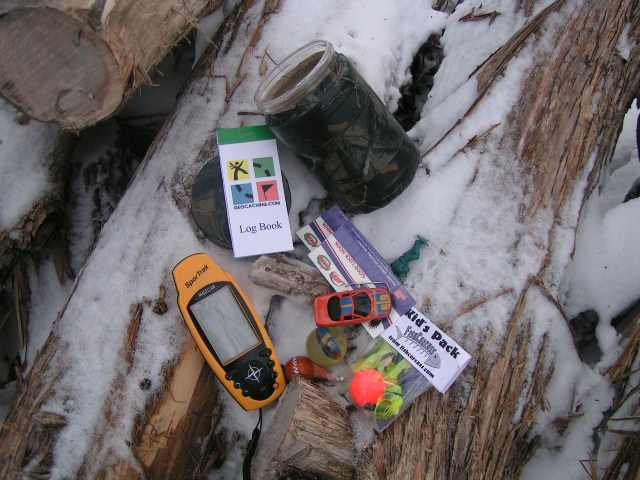By Bob Jensen

(photo by Bob Jensen) In many waters, anglers are catching more and larger bass today.
Thanksgiving 2024 is behind us and, in many places, there’s ice on the ponds. It wasn’t that many years ago that we would be confident there would be fishing through the ice the weekend after Thanksgiving. Not so anymore in most traditional ice fishing locations.
Ice fishing is starting later and ending sooner across much of the ice fishing belt. To the surprise of no one who enjoys fishing or outdoor activities, our outdoor world continues to evolve.
These evolutions have little to do with equipment. They involve habitat, water quality and fish species changes to name a few. A friend who sells ice fishing equipment to retail stores in Wisconsin told me that one of his stores has lost at least 20 days of the ice fishing season in recent years.
Warming temperatures prevent safe ice. This certainly hurts that retailer as well as other area businesses that benefit from ice fishing. And the shorter ice season also creates changes in the ecosystem of the lake.
It’s interesting how a change of just a couple of degrees in average air temperature has a significant impact on a lake’s ecosystm. Cisco are a fish that are found in northern waters that are deeper and have colder water. They’re an important food source in some lakes.
In Minnesota just a couple of decades ago, about 650 lakes were home to cisco. Recent population surveys indicate that now fewer than 200 lakes have cisco. Warmer air temperatures created warmer water and reduced cisco populations.
The warmer water also changes gamefish populations. Warmer waters are friendlier to largemouth bass than trout. Walleye populations have declined in some places due to warmer water.
Ecosystem change can significantly alter fish species populations. There aren’t fewer fish, there are just fewer fish of some species. And there are more fish of other species.
Longer periods of no ice can create longer growing seasons. In some places we’re catching bigger fish more often. Today’s angler is more skilled than yesteryear, equipment is better, and catch and release helps in creating bigger fish. But longer growing seasons allow fish to get bigger.
Another reason for changes in water quality is fewer wetlands. Some states have lost half of their wetlands. Other states have lost more. It’s understandable.
There are a lot of people who need grains and such for daily living, and those wetlands are turning into fields where those grains can be grown. However, wetlands filter some of the bad things out of runoff water, and that makes better water quality and cleaner lakes and rivers.
Fewer wetlands can mean more bad things in the water. But we’ve learned lots about improving water quality. In some places water quality is better today than it was yesterday.
Changes in climate and temperatures don’t need to be bad things. In fact, if we let them, good things can happen. More fish and bigger fish, just not the kind of fish that some of us prefer. And if we can identify a potential problem, we can fix it.
It’s important that we understand that things change, and change doesn’t need to be a bad thing. If we change how we do things, we can turn a possibly bad situation into a good situation. That’s always a win!

